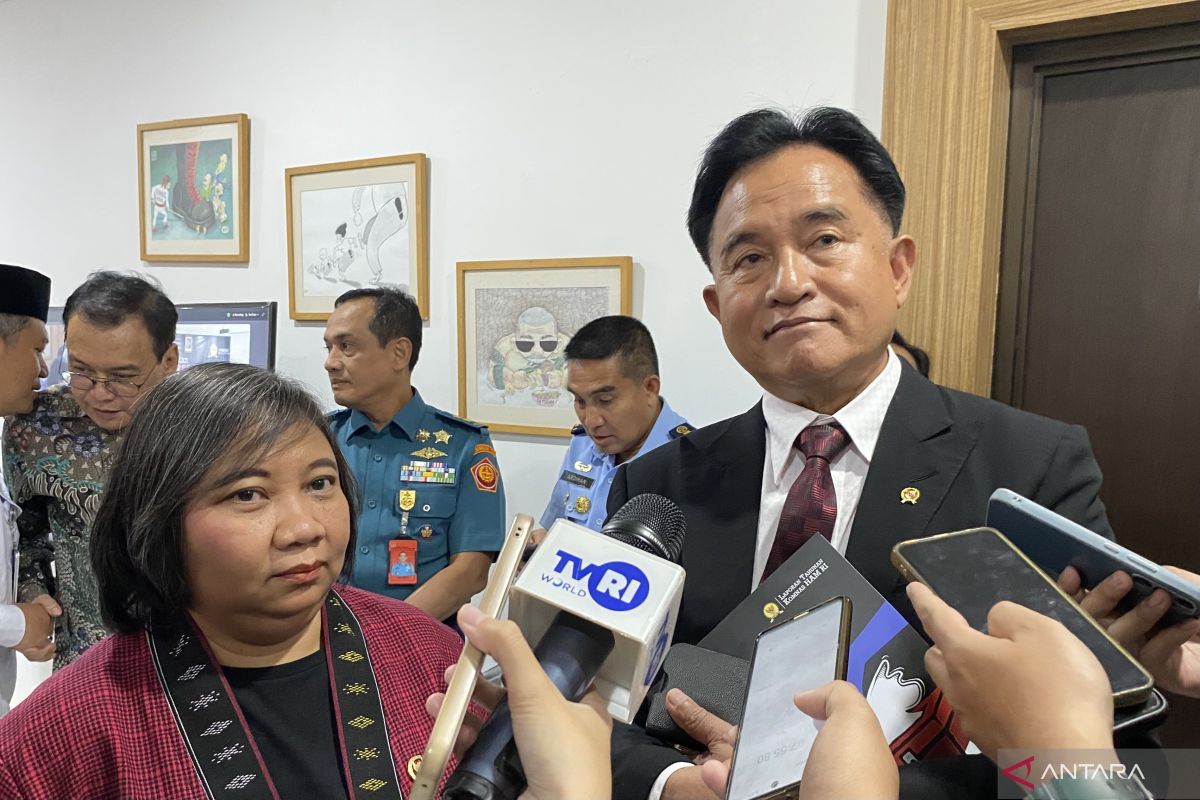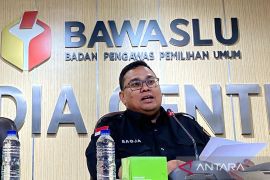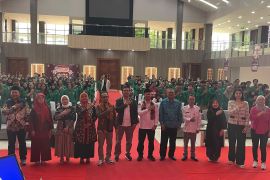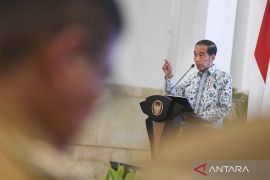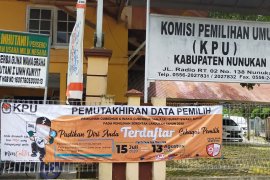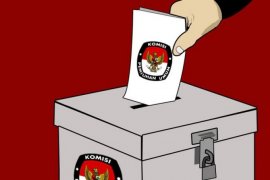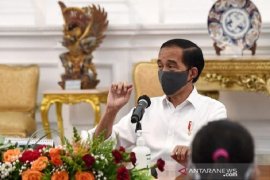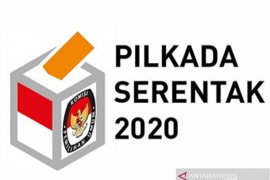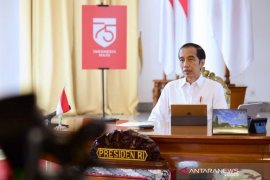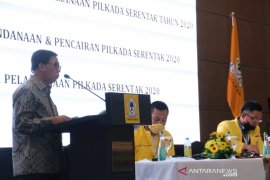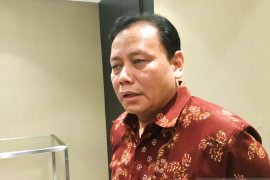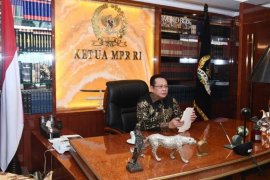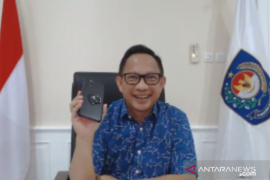Coordinating Minister for Legal, Human Rights, Immigration, and Correctional Affairs Yusril Ihza Mahendra stated that the government should form a special team to study and decide on follow-up measures in response to the ruling.
"It has huge implications since Article 22E of the 1945 Constitution stipulates that DPRD members are elected once every five years. On what basis do we extend the term by 2–2.5 years? It is potentially conflicting with existing laws," the minister said here on Wednesday.
To address the issue, Mahendra said he would discuss the matter with Coordinating Minister for Political and Security Affairs Budi Gunawan and Home Minister Tito Karnavian.
Mahendra explained that the MK ruling compels voters and political parties to adapt to changes in the election system, especially since the last general elections consolidated voting for all political offices—from the central government down to districts and cities—on the same day.
Nonetheless, as the court's verdict is binding, the government and parliament must abide by and implement the decision.
"We need to revise the Election Law and its derivative regulations, as well as update the election budget and implementation plan," Mahendra remarked.
On June 26, the Constitutional Court ruled that executive and legislative elections at the regional level must be held between two and two-and-a-half years after the conclusion of national elections, marked by the inauguration of elected candidates.
In this context, national elections refer to voting for the president and vice president, DPR legislators, and senators at the Regional Representative Council (DPD), while regional elections cover governors, mayors, district heads, and lawmakers at the provincial and municipal/district levels.
Related news: DPR plans all-party talks on MK ruling on two-year election gap
Related news: Cross-ministerial team to review MK's election decision
Translator: Agatha Olivia V, Nabil Ihsan
Editor: M Razi Rahman
Copyright © ANTARA 2025
